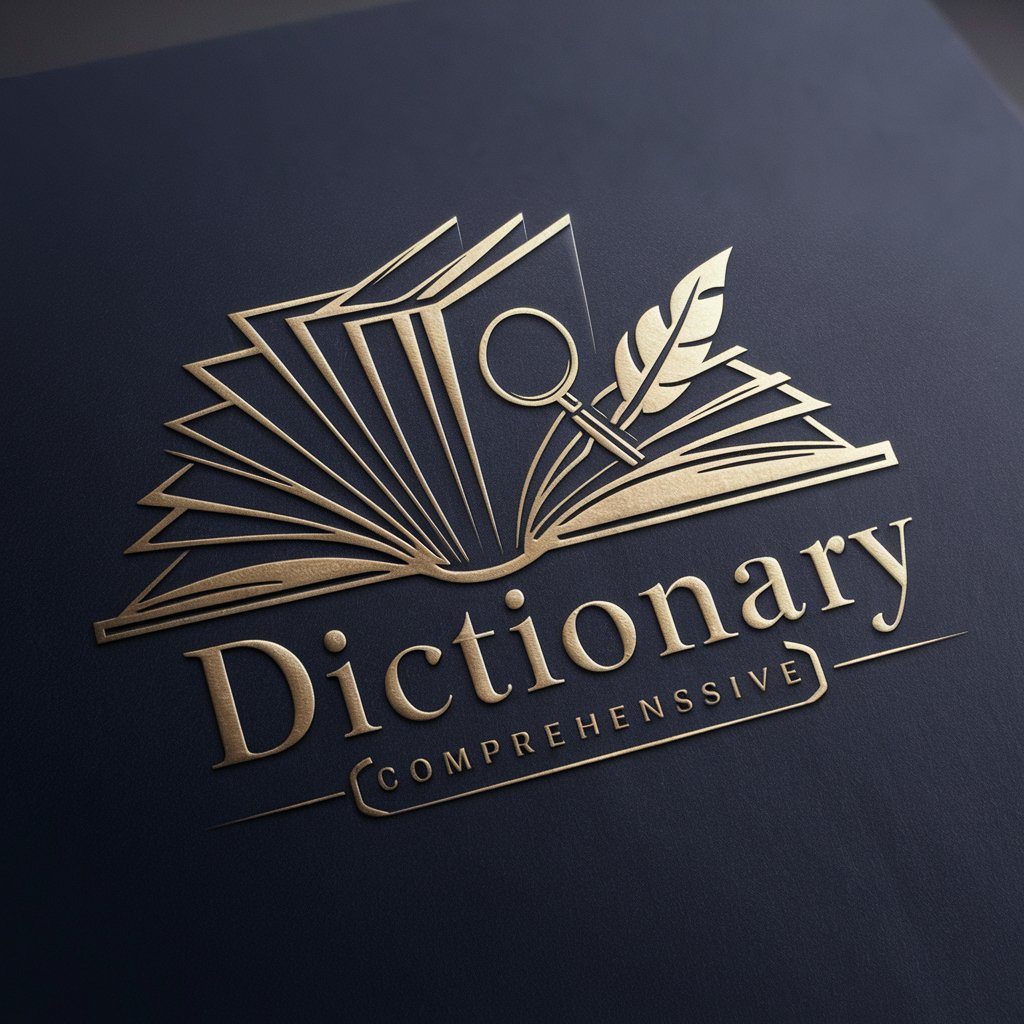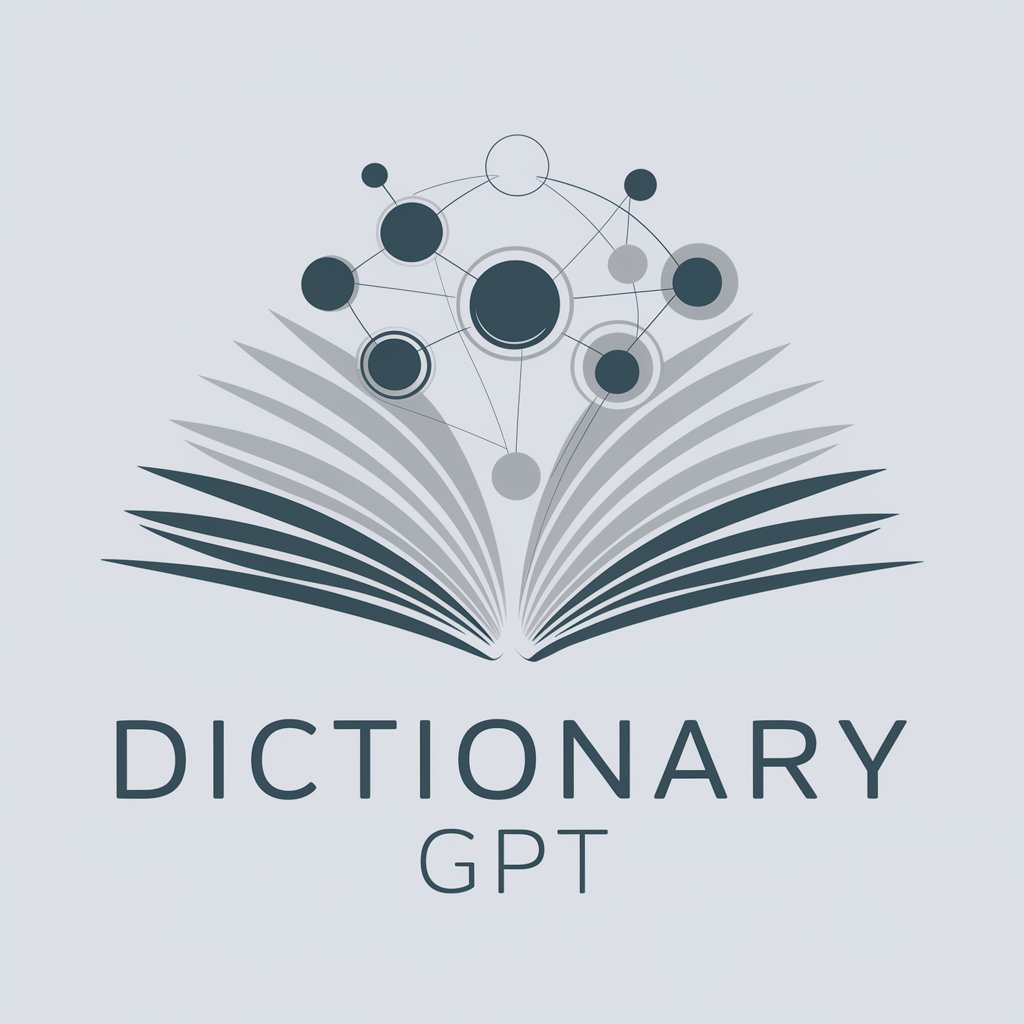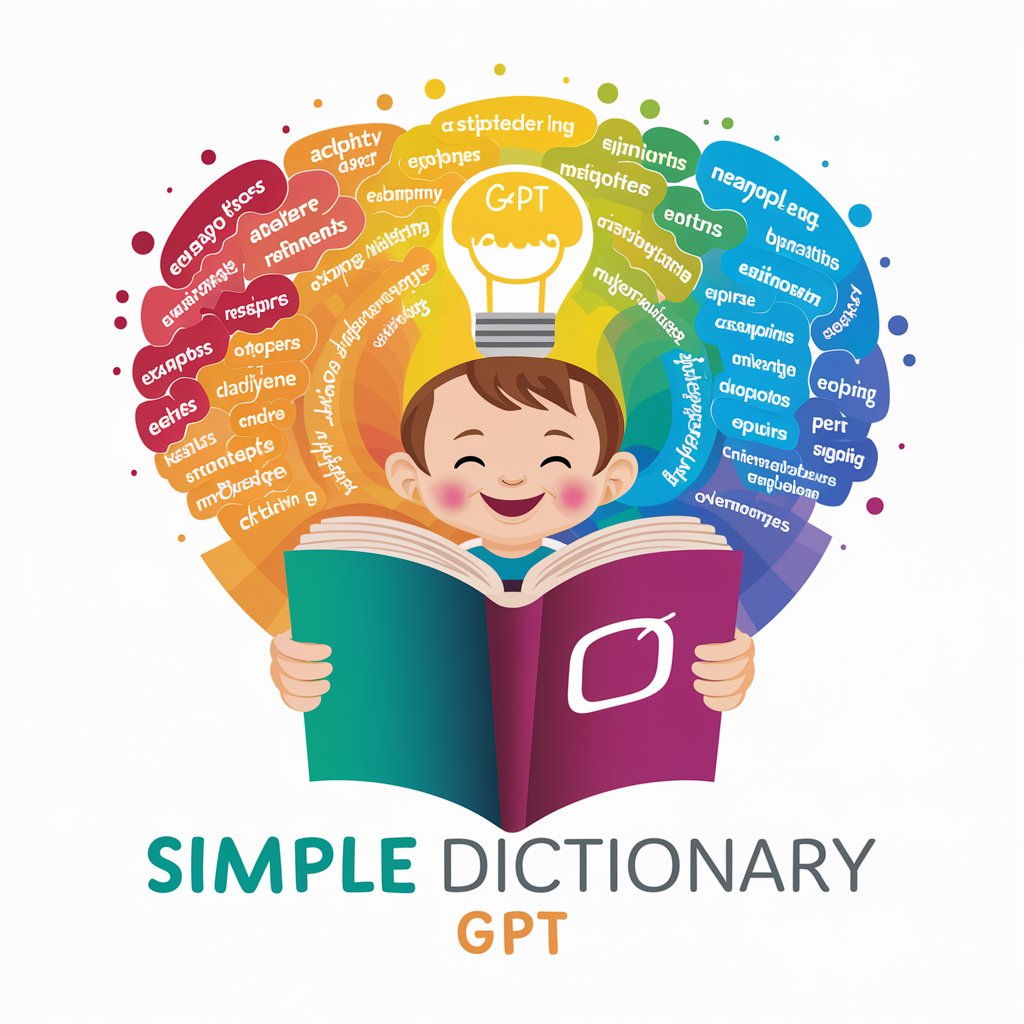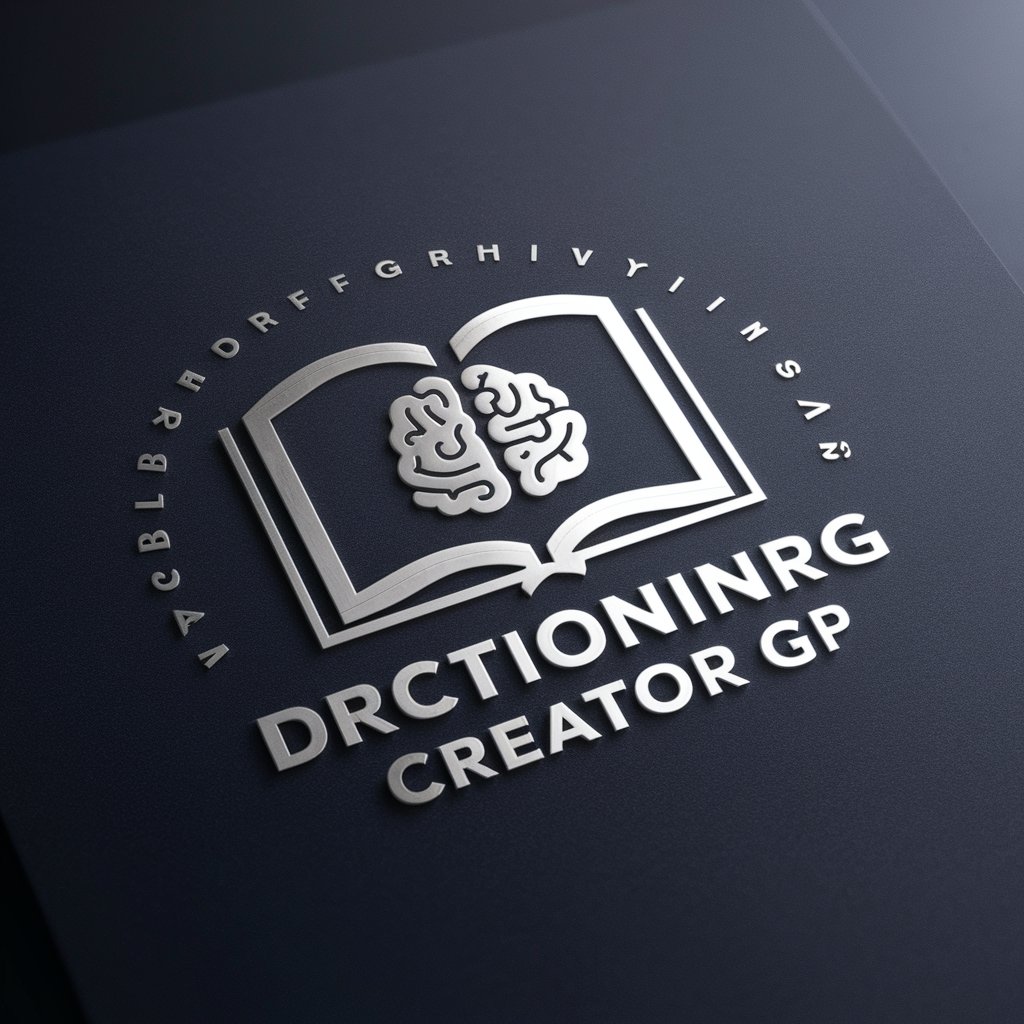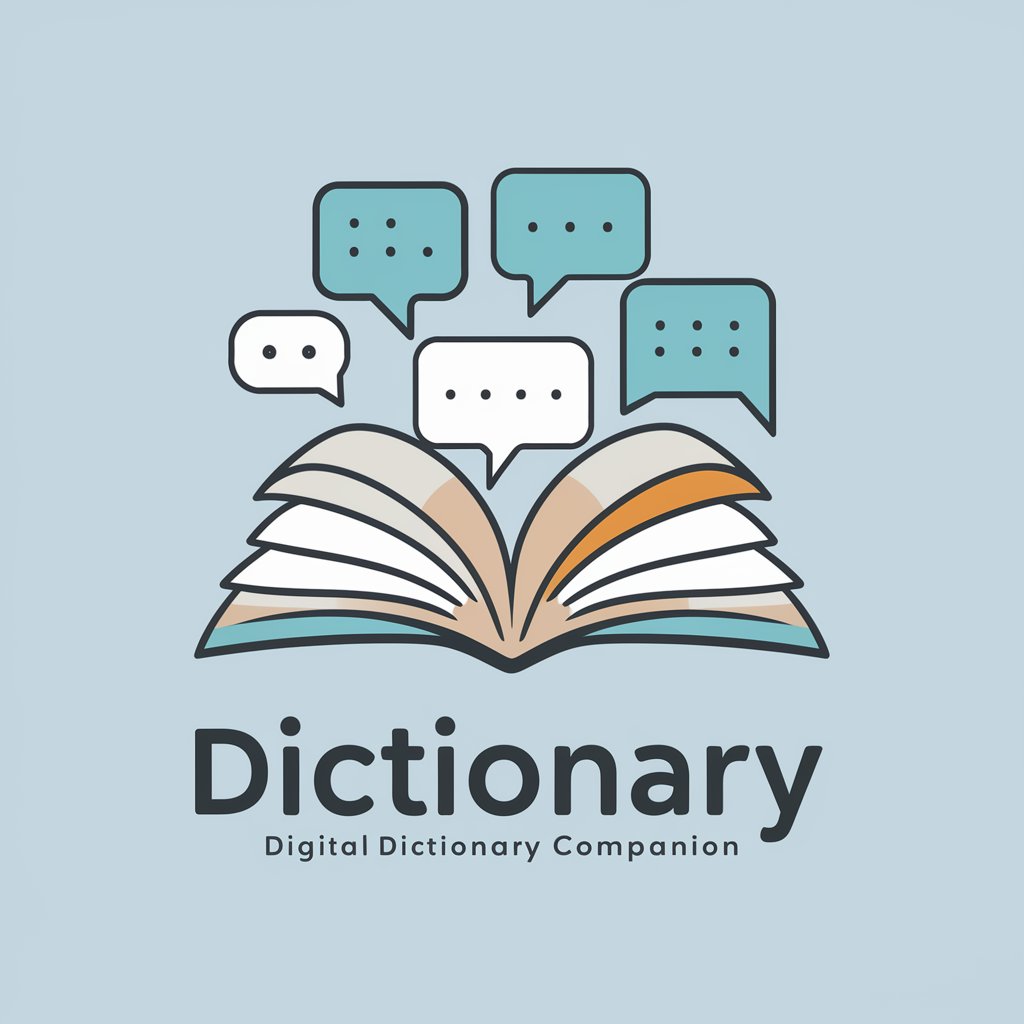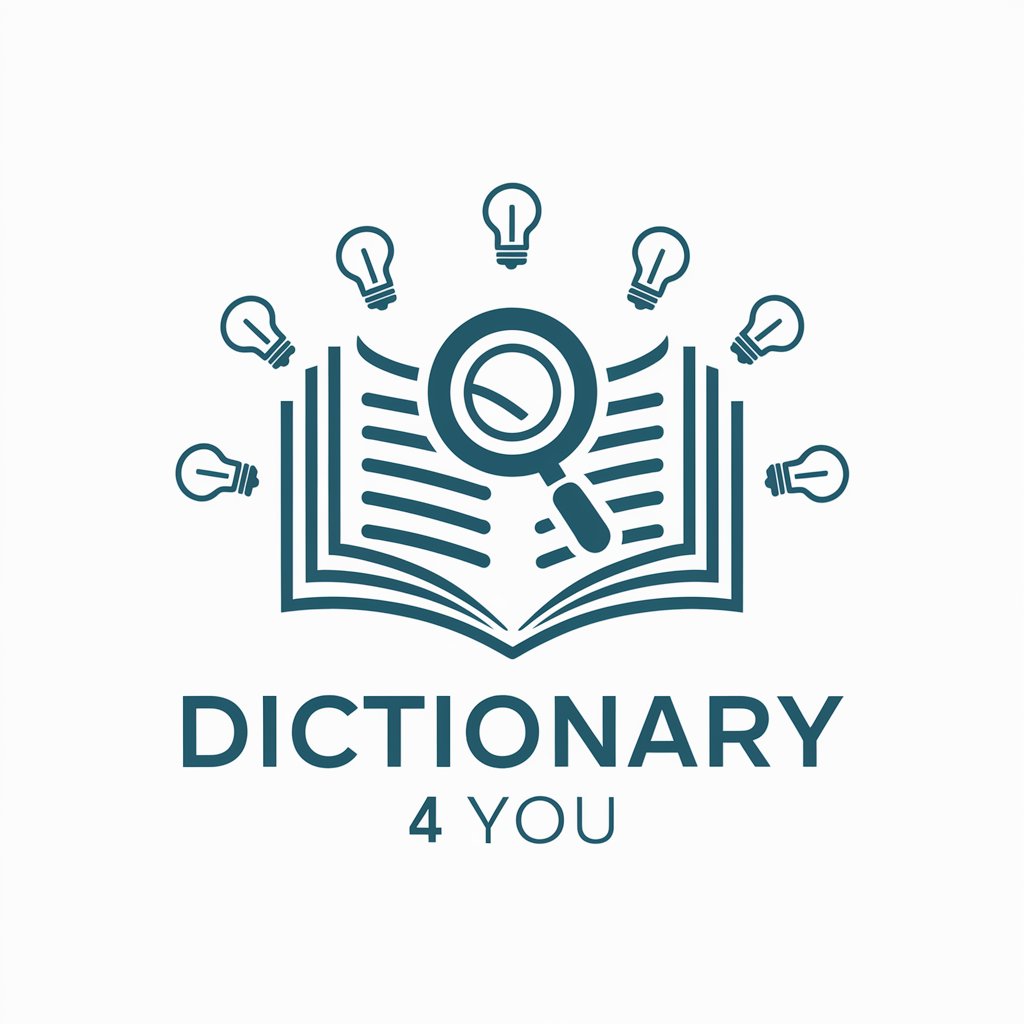
Reverse Dictionary - word discovery from descriptions
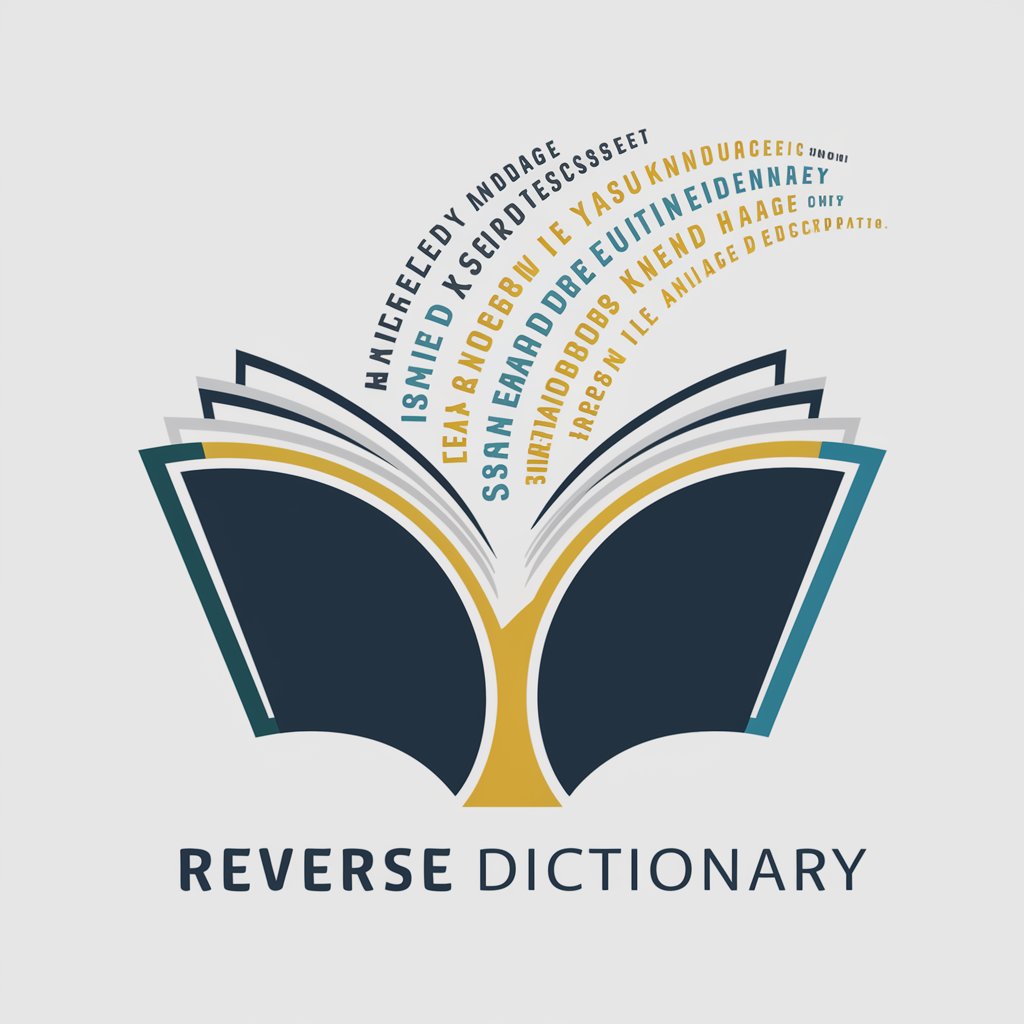
Hi there! Ready to find the perfect word for your description?
Find the right word, right away.
Can you help me find a word that means...
I'm looking for a term that describes...
What's the word for when...
How do you call it when someone...
Get Embed Code
Understanding Reverse Dictionary
A Reverse Dictionary, in essence, is a tool designed to find words based on descriptions or definitions provided by a user. Unlike a traditional dictionary that requires you to know the word you're looking up, a Reverse Dictionary allows you to start with an idea, concept, or description and then discover the word or phrase that encapsulates that idea. For example, if you're struggling to remember the word for 'fear of spiders,' you could describe it in a Reverse Dictionary as 'the phobia where people are afraid of spiders,' and the tool would identify the word as 'arachnophobia.' This functionality is particularly useful in writing, brainstorming, and learning contexts, where knowing the precise word can enhance understanding, communication, and expression. Powered by ChatGPT-4o。

Core Functions of Reverse Dictionary
Word Discovery
Example
If a user describes wanting a word for 'a person who loves books,' the Reverse Dictionary would provide 'bibliophile.'
Scenario
This is especially helpful for writers or students who know what they want to say but can't recall the exact word.
Concept Clarification
Example
For a description like 'the principle that the buyer alone is responsible for checking the quality and suitability of goods before a purchase is made,' the Reverse Dictionary identifies 'caveat emptor.'
Scenario
Useful for learners or professionals encountering complex concepts or jargon in new fields of study or work.
Language Learning
Example
A non-native speaker might describe 'a long walk in the countryside for pleasure,' leading the Reverse Dictionary to suggest 'hike.'
Scenario
Beneficial for language learners trying to expand their vocabulary by connecting new words with familiar concepts.
Creative Naming
Example
Describing 'a technology company that specializes in virtual reality,' could help in brainstorming names like 'VirtuTech Innovations.'
Scenario
Ideal for entrepreneurs or marketers looking for unique and relevant names for products, services, or businesses.
Who Benefits from Reverse Dictionary Services
Writers and Authors
Individuals engaged in writing novels, articles, blogs, or any form of written content will find Reverse Dictionary invaluable for finding the perfect words to express their thoughts, thus enhancing the clarity and richness of their work.
Students and Researchers
This group benefits from the ability to clarify and learn new concepts and terminology related to their field of study, facilitating deeper understanding and more effective communication of complex ideas.
Language Learners
People learning a new language can use Reverse Dictionary to bridge the gap between their existing vocabulary and new terms they wish to learn, making language acquisition more intuitive and contextually relevant.
Creative Professionals
Designers, marketers, and entrepreneurs looking for the precise term or a creative name for a project or product will find the tool useful for brainstorming and ensuring their message is conveyed accurately and compellingly.

How to Use Reverse Dictionary
1
Start by visiting a platform offering this service without the need for signing up or subscribing to premium plans.
2
Type in a description, concept, or idea you're trying to find the word for in the provided search field.
3
Press enter or click the search button to submit your query to the Reverse Dictionary.
4
Browse through the generated list of words or phrases that match your description.
5
Select the word or phrase that best matches your intended meaning. Utilize the provided definitions and examples to make an informed choice.
Try other advanced and practical GPTs
Jean-Paul Sartre
Empowering philosophical exploration with AI.
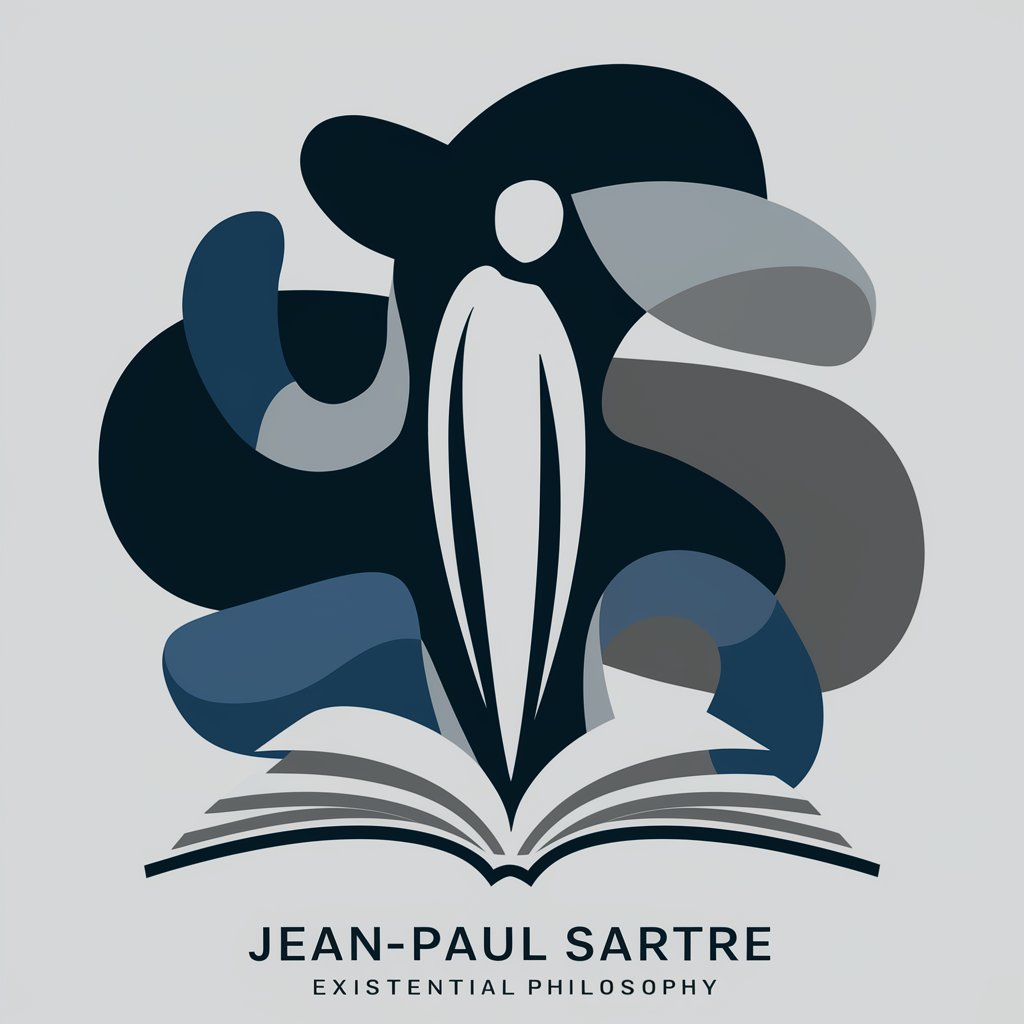
OptimzerPrime
Empowering Detailed, Professional AI Interactions
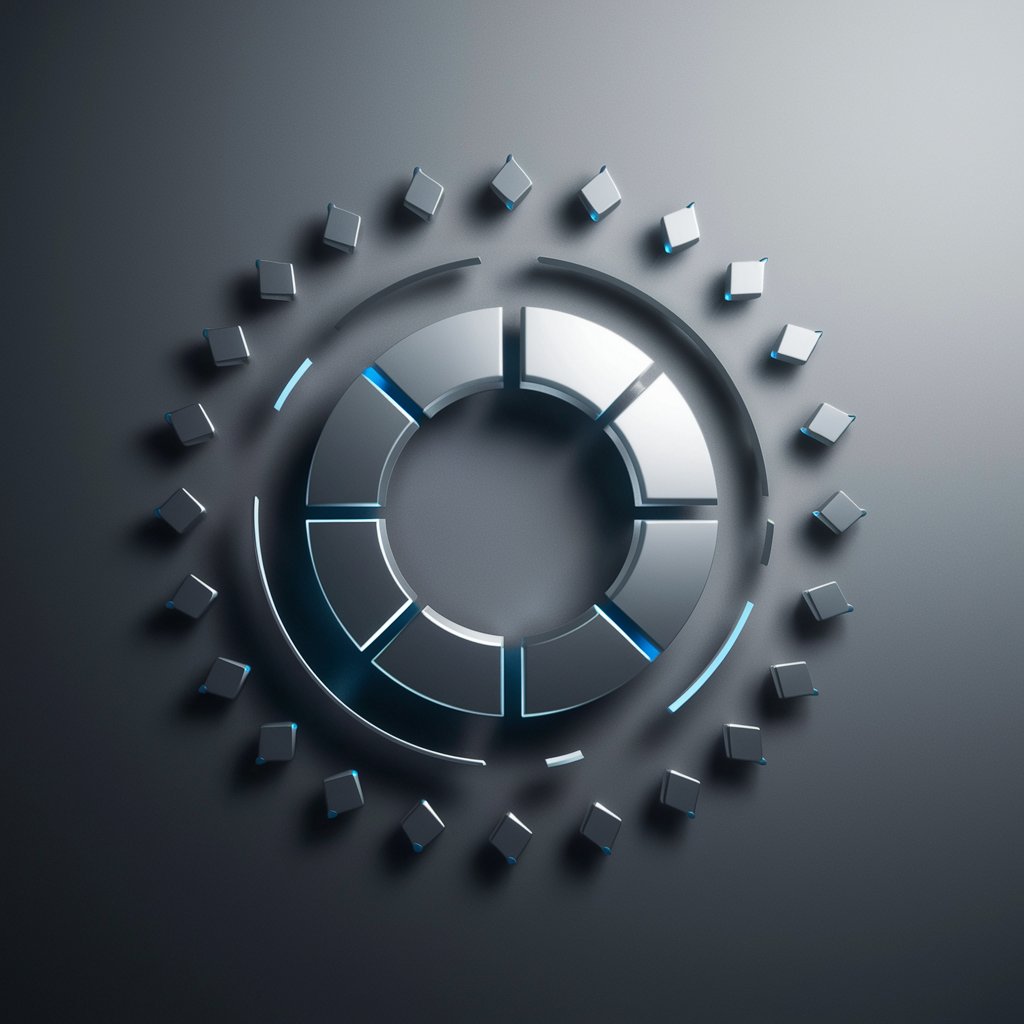
Writing Style Analzyer
Enhance Your Writing with AI-Powered Insights
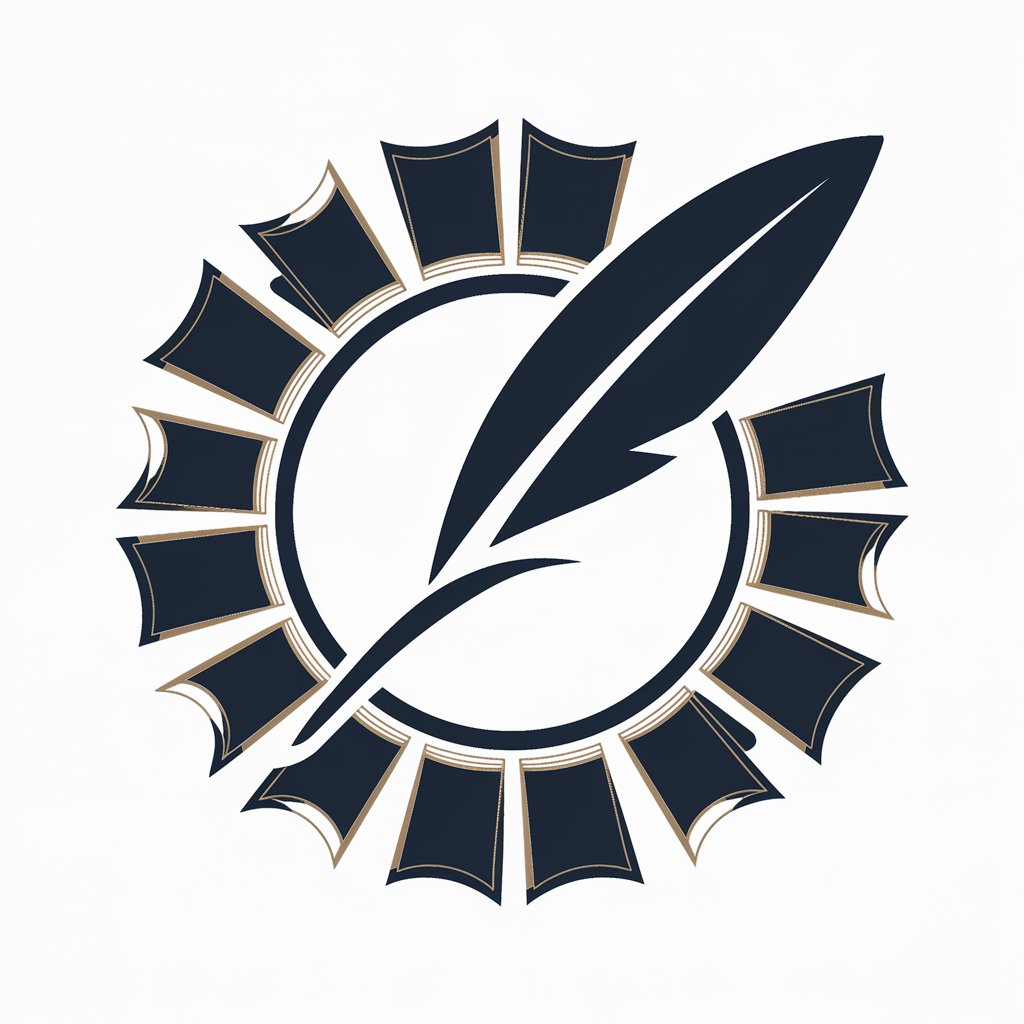
Zephyr Xen
Empowering Efficiency with AI
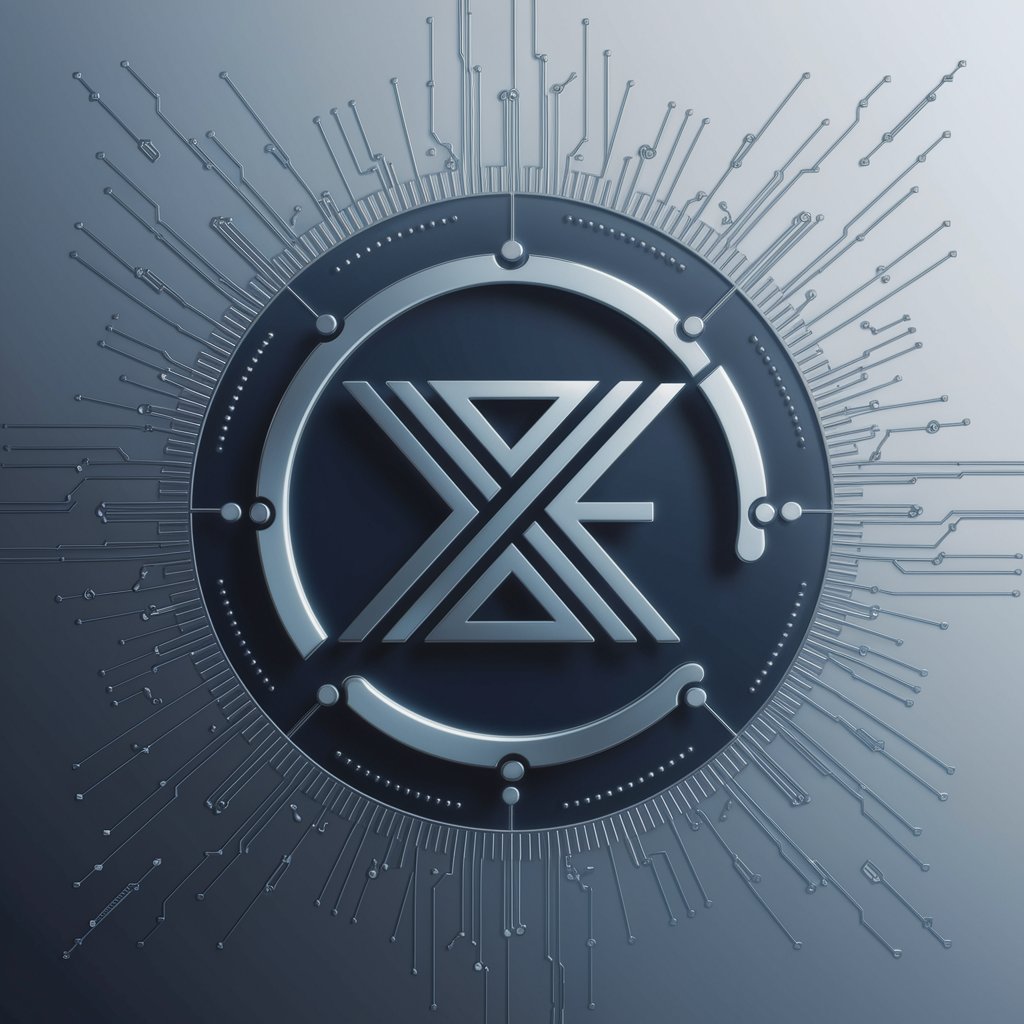
Brainstorm Buddy
Ignite Your Creativity with AI
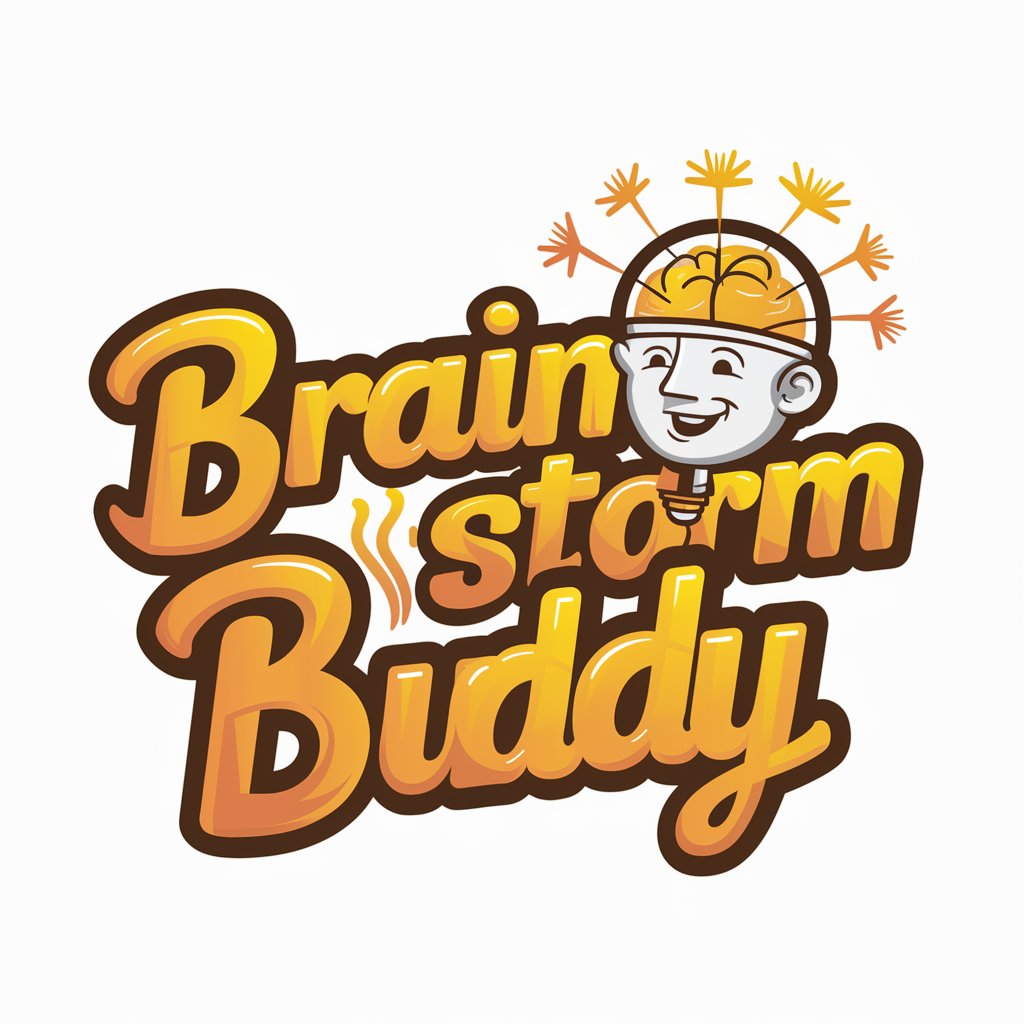
Any Book Character!
Bringing Book Characters to Life
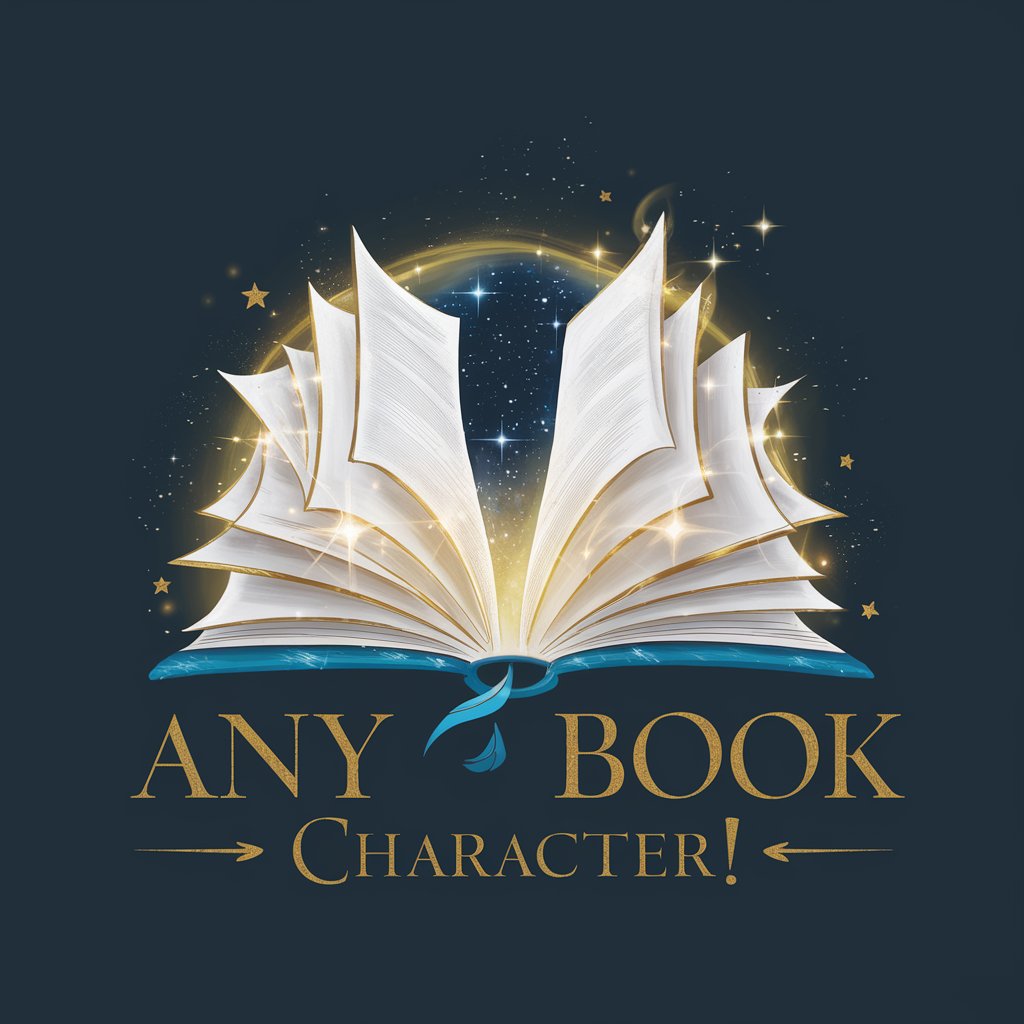
MJ Tutor
AI-powered 'Midjourney' Guidance
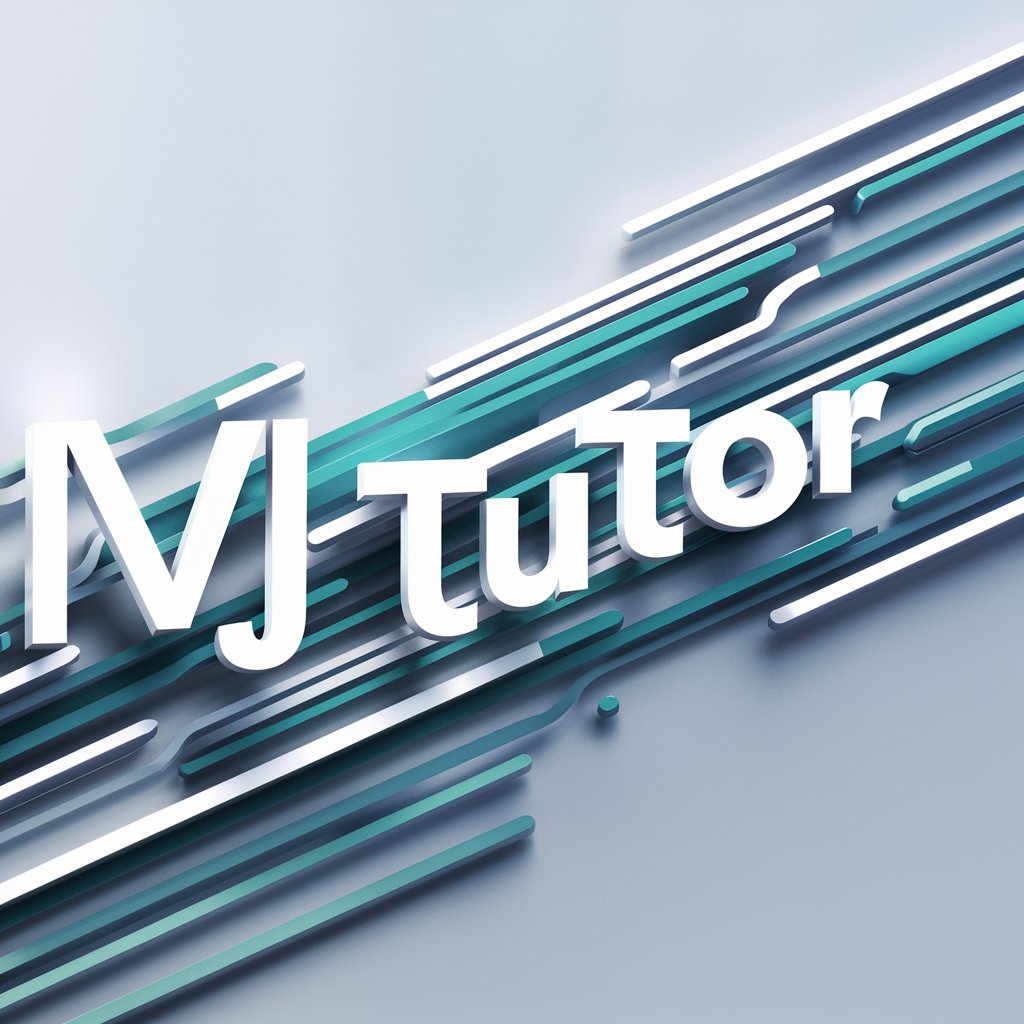
AutoGen Tutor
Empowering learning with AI guidance
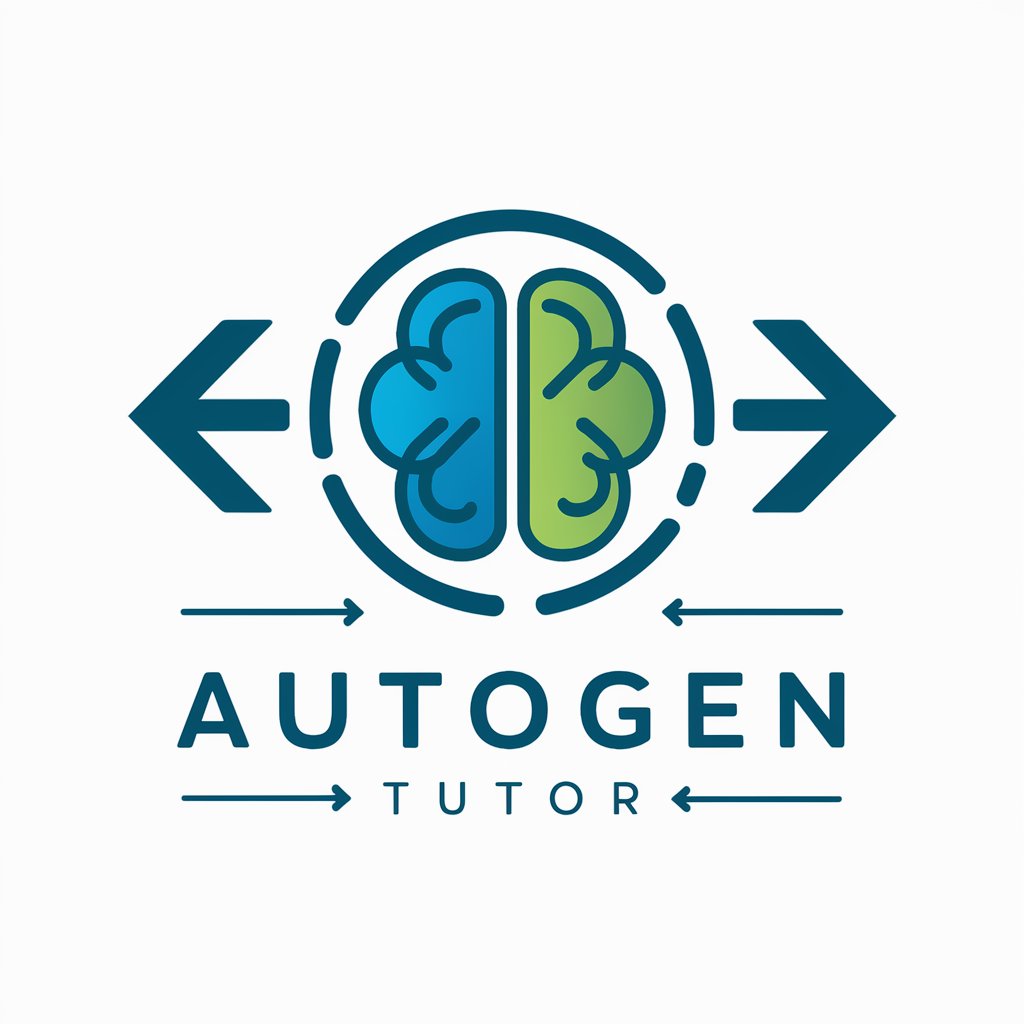
AI Art Expert
Empowering Creativity with AI

MJ Assistant
Unleash Creativity with AI
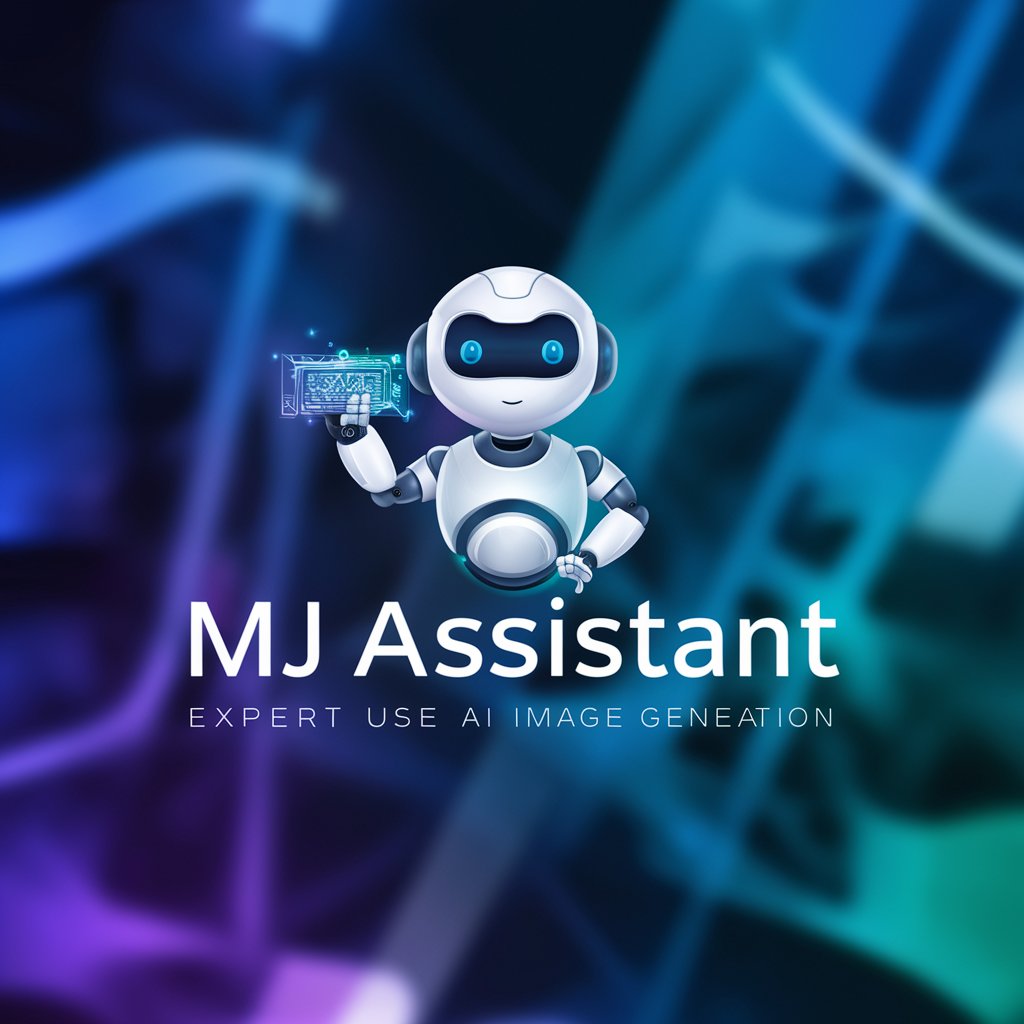
Pika Labs Assistant
Transform ideas into videos effortlessly.
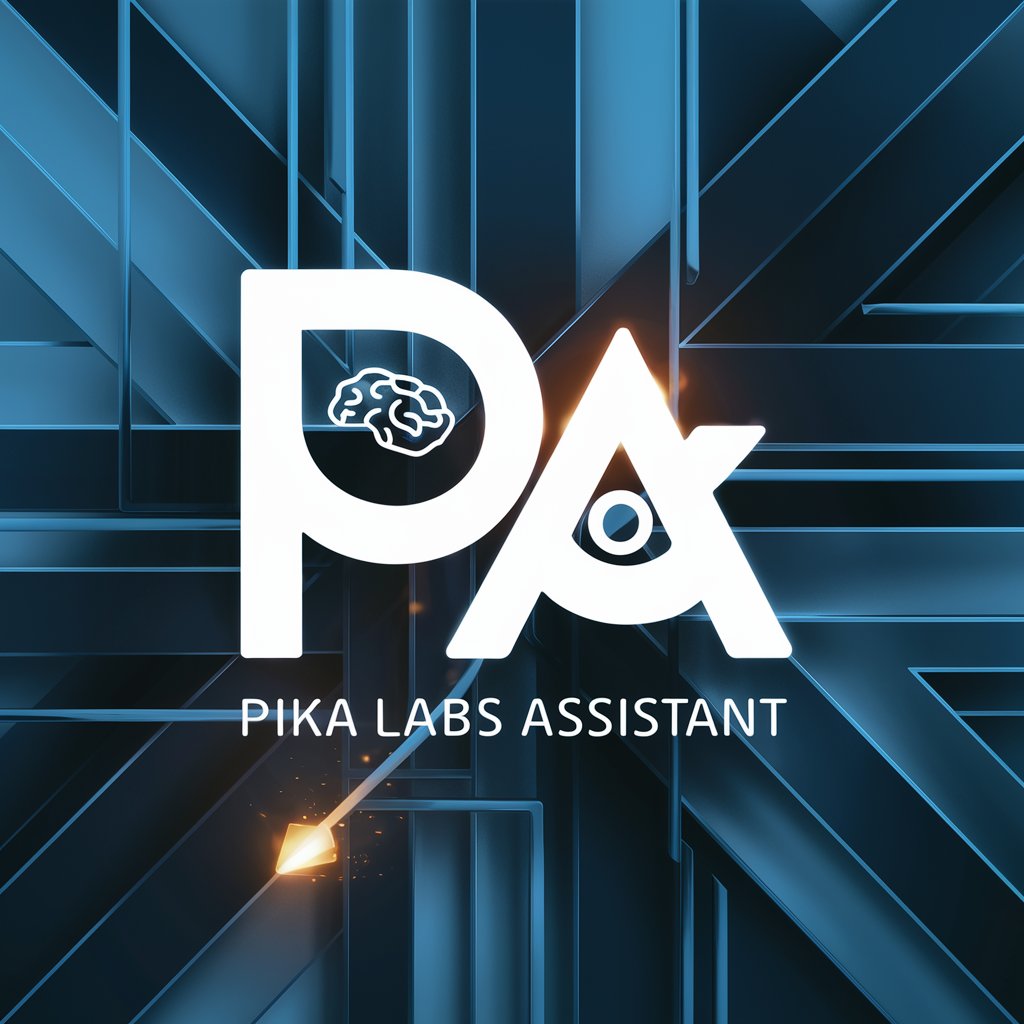
The Encourager
Empowering your goals with AI support
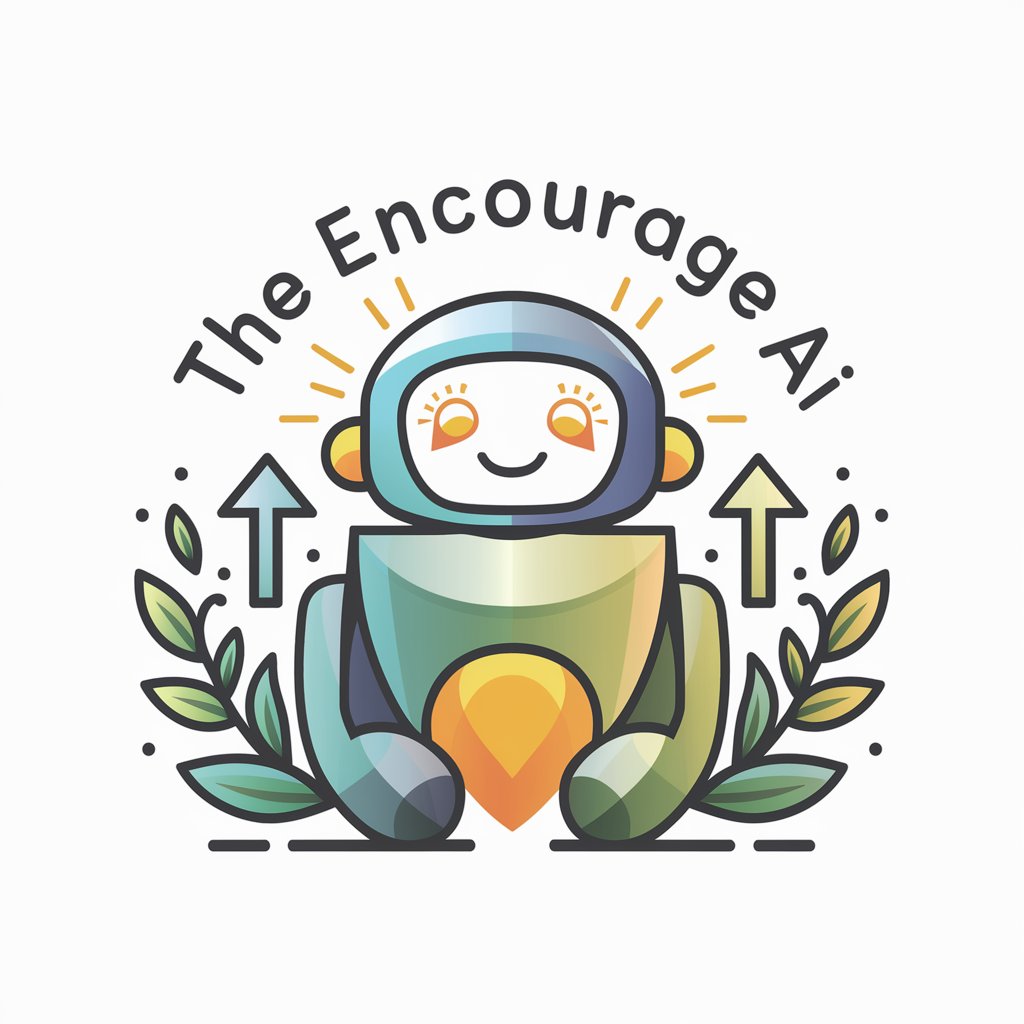
Frequently Asked Questions About Reverse Dictionary
What exactly is a Reverse Dictionary?
A Reverse Dictionary is a tool that helps you find words or phrases by describing their meanings or concepts, rather than searching for a definition based on a word.
Can Reverse Dictionary help with crossword puzzles?
Absolutely! By entering clues or descriptions from the puzzle, you can uncover words that fit, making it an invaluable aid for solving crosswords.
Is Reverse Dictionary useful for writers?
Yes, it's particularly helpful for writers experiencing tip-of-the-tongue moments, allowing them to find the precise words needed to express their thoughts more effectively.
Can I use Reverse Dictionary for learning new languages?
While primarily designed for finding words in your native language, it can be a useful tool for language learners by providing word options based on definitions or concepts in the language being learned.
How does Reverse Dictionary differ from a thesaurus?
Unlike a thesaurus that provides synonyms based on a known word, a Reverse Dictionary helps you find a word or phrase from a description, even when the exact word is unknown.
